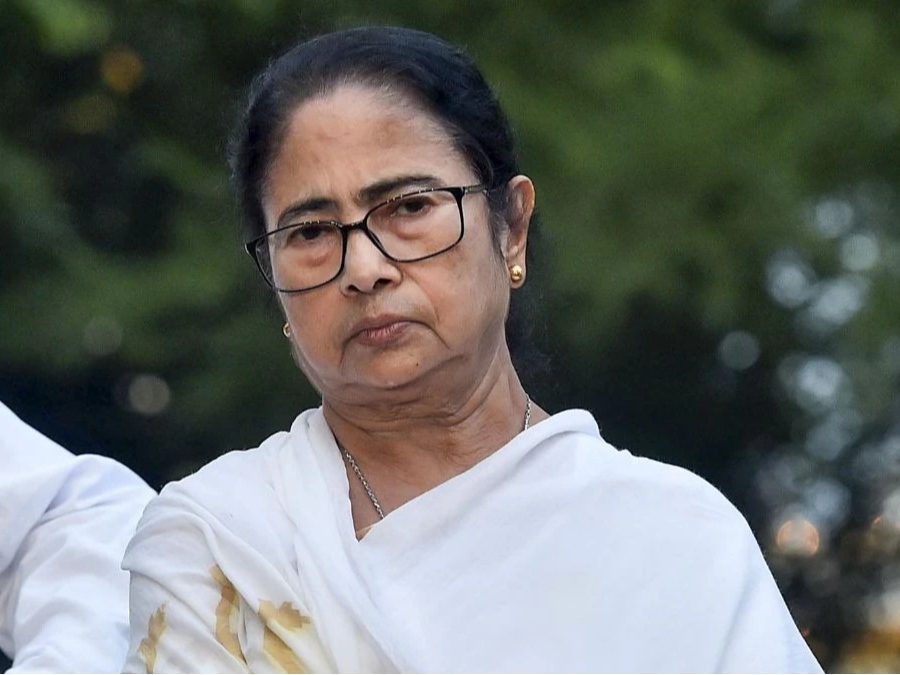Mamata Banerjee, Chief Minister of West Bengal and leader of the All India Trinamool Congress (TMC), is one of India’s most influential and polarizing political figures. She is both lauded for her populist measures and energetically criticized by opponents who point toward inconsistencies in her governance and rhetoric. The discussion around “hypocrisy” in her political career centers on the gap between her public persona as a champion of the poor and marginalized, and various allegations or controversies around her leadership.
The Populist Persona
Banerjee’s government has initiated several welfare schemes that have substantially benefited the economically weaker sections of society:
- Free rations and healthcare for the poor
- Women-focused scholarships and grants
- Economic support to impoverished families
These initiatives have contributed to tangible improvements in access to education, healthcare, and women’s empowerment, particularly for Bengal’s underprivileged classes.
Grounds of Criticism
Despite these achievements, Banerjee’s administration is routinely criticized for its alleged hypocrisy—for professing progressive values while falling short in practice in several key areas.
1. Political Violence and Law & Order
While presenting herself as a defender of democracy, her regime has faced recurring allegations of political violence, curbs on dissent, and intolerance toward opposition. Critics argue that the TMC’s methods sometimes reflect the very authoritarian tendencies Banerjee claims to oppose.
2. Selective Social Welfare
Though Banerjee brands her governance as inclusive, accusations of politicization and selective allocation of welfare resources have surfaced. Opposition voices allege that benefits often favor TMC supporters, undercutting claims of universal justice.
3. Stance on Women’s Empowerment vs. Political Reality
Banerjee’s focus on women’s welfare is well-documented, but West Bengal remains marred by high-profile cases of gender-based violence and underrepresentation of women in political offices beyond token measures. Critics question the gap between intention and effective policy results.
4. Transparency and Accountability
Banerjee has built much of her political identity on fighting corruption. Yet, her government has periodically been challenged on issues of transparency, especially around public spending and alleged patronage networks.
Contradictions in Political Rhetoric
- Banerjee has often taken strong stands on secularism and minority rights. However, her critics point to flip-flops or perceived vote-bank politics, questioning the sincerity of her secular credentials.
- She is known for championing federalism and standing up to the central government, yet has been accused of centralizing power within her own party and government.
Conclusion
Mamata Banerjee’s political journey is full of paradoxes. Her tenure as Chief Minister is marked by real improvements in social welfare for many, but also frequent accusations of double standards, selective justice, and undemocratic practices. The charge of hypocrisy, while a staple in political battles, finds ample fodder in the contrast between her rhetoric and the controversies that have dogged her administration—a pattern that keeps her critics as vocal as her supporters.

